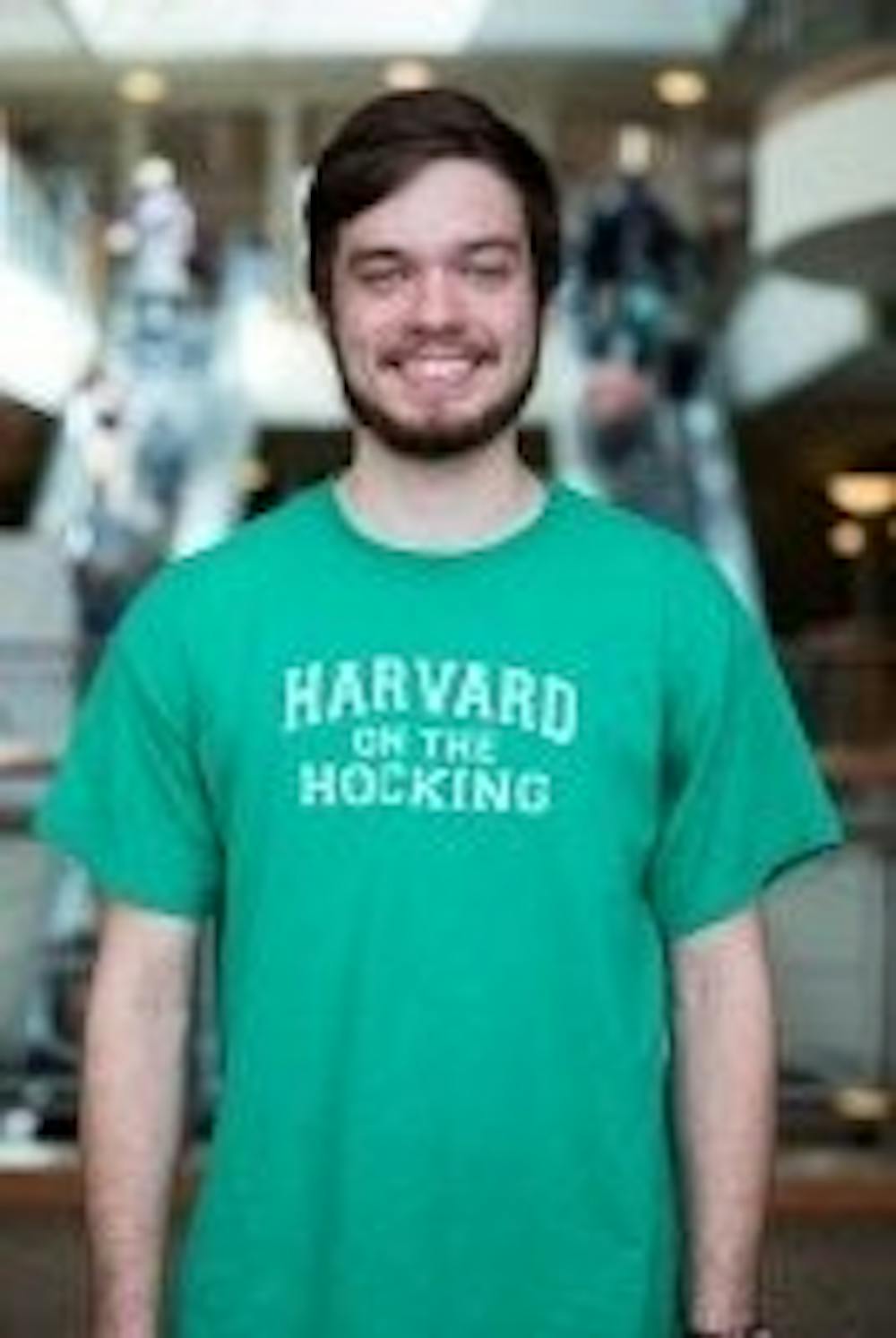Whether art informs culture or culture informs art, the two intertwine when one steps on the foot of the other. And in the months following the 2016 election, there’s been a lot of informing going on, but not without insights.
It appears musicians take one of two routes when dealing with politics. The first method is for an artist or band to throw their support behind a partisan candidate — as done by Katy Perry and Ted Nugent — but choose to not talk about politics in their music.
The anti-Trump Our First 100 Days music compilation features Angel Olsen, Phosphorescent, Avey Tare and others in a leftist solidarity of opposition. However, the project’s statement rests more on the existence of the collection rather than the dissection of contemporary culture. Some songs like comedian Tim Heidecker’s “Trump Talkin’ Nukes” address post-election woes directly but other songs seemed misplaced like Mountain Man’s cover of “Love Hurts.”
The other way artists use culture and politics to inform their music is to dissect the underlying forces of, in this case, the ascendency of a vulgar, populist candidate. Oftentimes, this approach incorporates more honest reflection as opposed to strong, social bias. Politics extends beyond politicians and to the differing views of everyday Americans. If we blame, but do not understand, then how will we solve our problems?
Many albums from 2017 carefully and authentically reflect the recent feelings swirling in America through music, lyrics and tone. Josh Tillman, James Murphy, Kendrick Lamar and Robin Pecknold have all attempted put their finger on the pulse of American politics and its side-effects — like I’m doing now.
In March, Josh Tillman released Pure Comedy, his third album as Father John Misty. In the title song, he labels rulers as “goons” and “clowns” and goes on to observe, “These mammals are hell-bent on fashioning new gods/So they can go on being godless animals.” It’s a clever examination of the impulses that cause people to throw their support behind populist candidates.
James Murphy further examines the cacophony of last year’s election and subsequent cultural fallout on LCD Soundsystem’s superb fourth album American Dream. On the album’s first single, “Call the Police,” Murphy sings “Well, there’s a full-blown rebellion/that’s easy to confuse/by triggered kids and fakers and some questionable views,” summing up partisan squabbles among politicians and citizens alike. And with similar subject matter, Josh Tillman sung praises of Murphy’s album on social media and the regular media.
Kendrick Lamar, whose last album Damn made several political statements, included a several verses in “LUST.” about the 2016 election. In the third verse he raps, “We all woke up tryna tune to the daily news/lookin’ for confirmation/hopin’ election wasn’t true/all of us worried/all of us buried/and our feelings deep.” The hearts and minds of other rappers, like YG (“FDT”) and more recently Eminem (“The Storm (Freestyle)”), also expressed strong distaste for Trump’s actions and words, but with more exaggerated feelings.
Other people have shared more visceral, abstract thoughts about living in America today. In the chorus of '“Thinking of A Place” on The War on Drug's latest album A Deeper Understanding, it feels like Adam Granduciel suggests the state of American in the line “I’m moving through the dark/of a long strange night.” Although vague, the lyric encapsulated post-election trudging, even if only by my interpretation.
But of all records to emerge in the wake of the 2016 presidential election, Fleet Foxes and its lyricist Robin Pecknold delivered a staggeringly reflective perspective of the forces steering America, large and small. And Pecknold achieves this without relying on anger or the opinions of other voices as a crutch. The two songs that stick out to me are “If You Need To, Keep Time On Me” and the phenomenal “I Should See Memphis.”
“If You Need To, Keep Time On Me” deals with the election in a more direct way with lines like “How could it all fall in one day?” and the ominous, “Who knows what State is in store?”
“I Should See Memphis” reconciles the left’s isolation with the heartlands of America. Pecknold reminds us that American culture goes beyond professors and suburbanites. The lyric “But I gave you know option/illusion of choosing” sheds light on the lack of options for the American electorate. The treatment of Bernie Sanders by the Democratic National Committee can attest to that. But at it’s heart, “I Should See Memphis” is a song that professes everyone’s desire to find validation and inclusion within the American umbrella.
And I don’t think Robin is far off in his solution. Enough time has passed since November 2016 to stop looking at each other through the lens of a candidate. Not that politics come up all the time, but it wouldn’t be a stretch to say you probably have more in common with the man or woman in front of you instead of two flawed egos campaigning for more power.
Luke Furman is a senior studying journalism at Ohio University. Please note that the views and opinions of the columnists do not reflect those of The Post. What do you think of post-2016 election America music? Let Luke know by tweeting him @LukeFurmanLog or emailing him at lf491413@ohio.edu.






